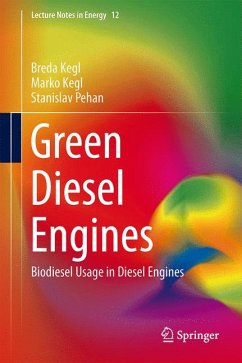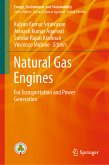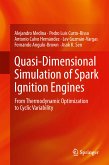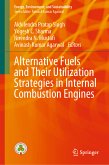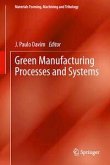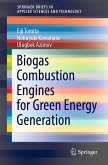Following of a short overview of engine control, aftertreatment and alternative fuels, Green Diesel Engine explores the effects of biodiesel usage on injection, fuel spray, combustion, and tribology characteristics, and engine performance. Additionally, optimization procedures of diesel engine characteristics are discussed using practical examples and each topic is corroborated and supported by current research and detailed illustrations.
This thorough discussion provides a solid foundation in the current research but also a starting point for fresh ideas for engineers involved in developing/adjusting diesel engines for usage of alternative fuels, researchers in renewable energy, as well as to engineers, advanced undergraduates, and postgraduates.
Dieser Download kann aus rechtlichen Gründen nur mit Rechnungsadresse in A, B, BG, CY, CZ, D, DK, EW, E, FIN, F, GR, HR, H, IRL, I, LT, L, LR, M, NL, PL, P, R, S, SLO, SK ausgeliefert werden.

